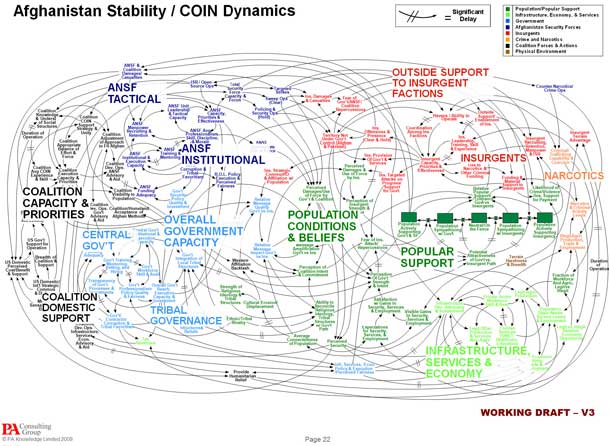The United States is broke. The deficits we are creating will leave our grandchildren impoverished, and horror of horrors, in hock to the Chinese! The United States must manage its finances the way any family pays its bills. On the path we are on, we are destined to turn out like Greece.
If you agree with any of the above statements, congratulations. You are in step with current conventional wisdom on the economy. Unfortunately, you are also wrong. As Matthew Stoller pointed out a year or so ago, “The U.S. government prints dollars — it can no more run out of dollars than a bowling alley can run out of strikes.” Why, then, the commonly accepted misunderstandings? It’s a long story.
I just spent a couple of unproductive hours trying to explain my conversion to the ideas behind Modern Monetary Theory, and I realize it’s pretty pointless to do so. Better to link to a few places where MMT’s leading proponents make their case. The video above offers a pretty good summary, for starters.
And of course there is the entire New Economic Perspectives blog. The concepts can be heavy sledding for someone like me, who admits to being slightly illiterate macroeconomics-wise. The discussion can quickly get too complex or too contemptuous of opposing, establishment points of view.
Stephanie Kelton, the Deficit Owl, is for me the best preacher of the MMT gospel. She’s poised, polished, articulate, and frequently funny. Also capable of reducing complex concepts to layman’s (or laywoman’s?) terms. Here is a transcript of her appearance on Harry Shearer’s excellent Le Show, and here’s a link to the podcast itself.
Last weekend Dr. Kelton was a guest on Up W/Chris Hayes discussing “the magic coin.”
Visit NBCNews.com for breaking news, world news, and news about the economy
Next, apparently, according to Kelton’s twitter feed, she’s “[g]oing on Oprah to declare truths about money/debt/deficit.” I THINK she’s joking, but wouldn’t it be nice….
In spite of the prevailing moralizing mythologies, deficits are not an indication of a nation going down the road to ruin. Too many people have accepted the argument that austerity is the only solution to the manufactured deficit crisis, that the “tough choices” we face means full employment just isn’t possible, that entitlements are out of control. The trillion-dollar coin idea may be dead (for the time being), but it brought into the mainstream a more sophisticated understanding about the nature of money, how it’s created, and what it’s for. I’m hoping the genie is out of the bottle.
Additional bonus: What is it About Money that Scares the Bejesus Out of People? is a carefully curated, and more than mildly amusing,set of twitter responses to the #mintthecoin hashtag, proof that ignorance of a subject is no obstacle to impassioned tweeting about it.




